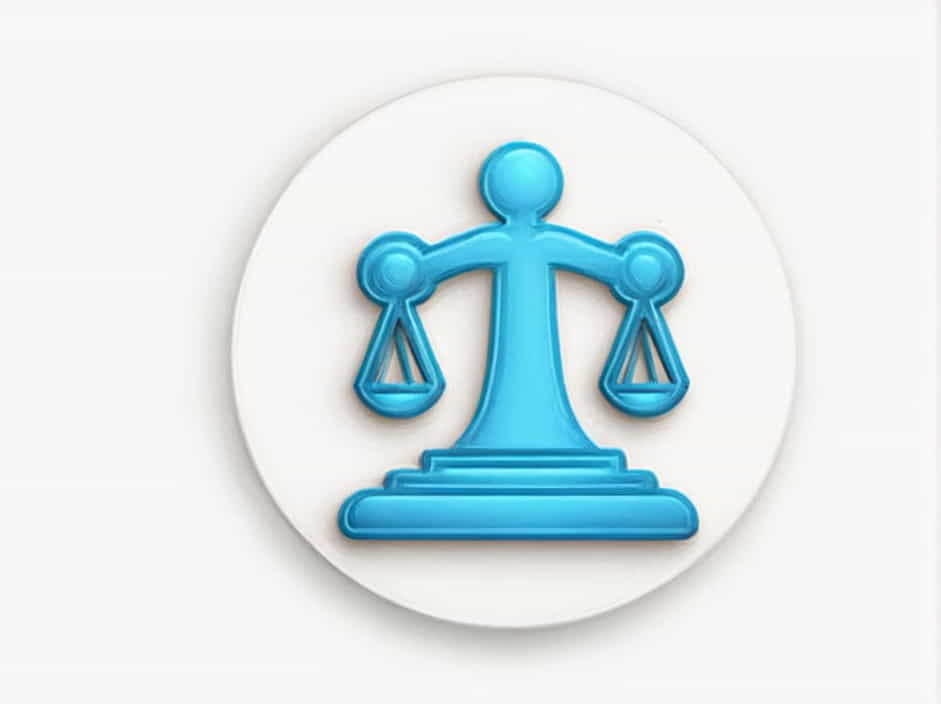The power to legislate-the authority to create, amend, or repeal laws-is a fundamental aspect of governance in any society. This power determines how a country is governed, how rights are protected, and how public policies are implemented. But who holds the power to make laws?
In democratic states, legislative power typically belongs to elected representatives, while in authoritarian regimes, this power may be centralized in a single authority or ruling party. The structure of legislative power depends on a country’s political system, constitution, and historical context.
This topic explores the different entities that hold legislative authority, including parliaments, congresses, executives, courts, and other bodies responsible for lawmaking.
What is Legislative Power?
Legislative power refers to the ability to create, modify, and repeal laws that govern a nation. It is one of the three primary branches of government, alongside the executive (which enforces laws) and the judiciary (which interprets laws).
Key Functions of Legislative Power
- Creating new laws to regulate society.
- Amending existing laws to address social changes.
- Approving government budgets and taxation policies.
- Overseeing the executive branch to prevent abuse of power.
Legislative power is usually granted by a nation’s constitution and exercised through specific institutions.
Legislative Power in Democratic Systems
1. Parliaments and Congresses
In democratic nations, the power to legislate is primarily held by elected legislative bodies such as:
- Parliaments (e.g., the UK Parliament, Indian Parliament)
- Congresses (e.g., the US Congress, Brazilian National Congress)
- Assemblies (e.g., the French National Assembly, South Korean National Assembly)
These institutions represent the people, ensuring that laws reflect the will of citizens.
Bicameral vs. Unicameral Legislatures
- Bicameral legislatures have two chambers (e.g., the House of Representatives and the Senate in the U.S.).
- Unicameral legislatures have only one chamber (e.g., the Danish Folketing).
2. The Role of the Executive in Lawmaking
Although the legislative branch holds primary lawmaking power, the executive branch (such as the President or Prime Minister) can influence legislation through:
- Veto powers (rejecting bills passed by the legislature).
- Proposing legislation (such as executive orders or policy initiatives).
- Enforcing and interpreting laws through government agencies.
In some countries, executives can bypass legislatures in emergencies, temporarily holding lawmaking powers.
3. The Role of Courts in Legislative Power
While judges do not create laws, courts can:
- Interpret laws and clarify legal meanings.
- Strike down unconstitutional laws through judicial review (e.g., the U.S. Supreme Court).
- Influence lawmaking by setting legal precedents.
This makes the judiciary an indirect participant in the legislative process.
Legislative Power in Authoritarian and Hybrid Regimes
Not all nations have democratic legislative systems. In some states, legislative power is concentrated in a single leader, ruling party, or unelected body.
1. One-Party States
In countries like China, North Korea, and Cuba, legislative power is controlled by a single ruling party (e.g., the Communist Party). While these states may have legislatures, they often:
- Rubber-stamp decisions made by party leadership.
- Lack independent opposition or free elections.
- Follow centralized political control rather than democratic debate.
For example, China’s National People’s Congress (NPC) technically makes laws, but decisions are heavily influenced by the Communist Party of China (CPC).
2. Military and Dictatorial Rule
In military or dictatorial governments, laws are often created by:
- A single ruler (e.g., a dictator or military leader).
- A junta (military council) that governs collectively.
- Emergency decrees without legislative approval.
Examples include historical regimes such as Franco’s Spain, Pinochet’s Chile, and modern military juntas in Myanmar.
3. Religious Theocracies
In theocratic states, lawmaking is based on religious texts and clerical rule.
- Example: Iran’s Guardian Council can reject laws that contradict Islamic principles.
- Religious leaders often hold legislative power alongside elected officials.
This system blends secular governance with religious authority.
How Laws Are Made: The Legislative Process
1. Proposal of Laws (Bill Introduction)
- Bills can be proposed by legislators, executives, or special committees.
- Some systems allow citizen petitions to introduce legislation.
2. Debate and Revision
- Bills are debated, amended, and reviewed by legislative committees.
- Public hearings may be held to gather opinions.
3. Voting and Approval
- The bill is voted on by the legislature (parliament/congress).
- In bicameral systems, both chambers must approve it.
4. Executive Approval or Veto
- The President or Prime Minister may sign or veto the bill.
- Some legislatures can override a veto with a majority vote.
5. Judicial Review (If Necessary)
- Courts may examine whether the new law is constitutional.
Once a law is passed, it becomes part of the legal system and is enforced by the government.
Challenges to Legislative Power
1. Corruption and Influence
- Special interest groups and lobbyists can manipulate lawmaking.
- Some politicians prioritize personal or corporate interests over public welfare.
2. Political Deadlock
- Divided governments struggle to pass laws due to ideological conflicts.
- Gridlock can slow decision-making and prevent necessary reforms.
3. Undemocratic Practices
- Some governments use emergency powers to bypass legislatures.
- Others suppress opposition voices, undermining democratic lawmaking.
These challenges impact the effectiveness and fairness of legislative power.
The power to make laws is essential for governing societies, shaping economies, and protecting rights. In democratic systems, legislatures (such as parliaments and congresses) play the primary role, often influenced by executive and judicial branches. In authoritarian regimes, legislative power is often centralized in a single party, ruler, or military council.
Understanding who holds legislative power is crucial for analyzing a nation’s governance, political stability, and legal rights. While the process of making laws varies worldwide, the goal remains the same: to create a framework that supports justice, order, and progress for society.
